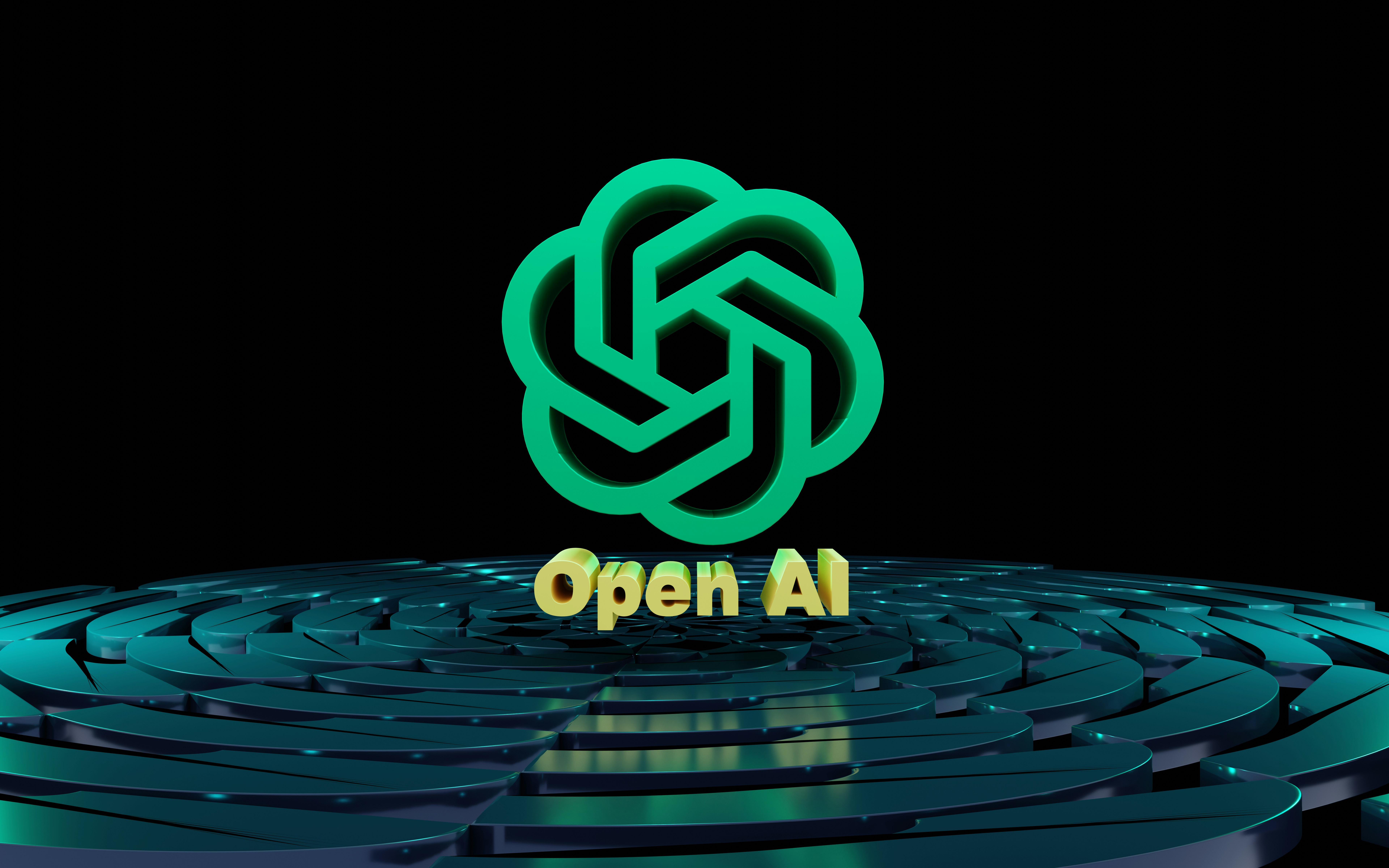
Introduction to the Lawsuit
In a surprising turn of events, Elon Musk has decided to keep his lawsuit against OpenAI. This decision follows the recent announcement by the AI startup’s leadership, including co-founder Sam Altman, to reverse their initial proposal regarding the control structure of the organization. The struggle over governance at OpenAI continues to capture the attention of tech enthusiasts and industry insiders alike.
Understanding the Control Shift
OpenAI, initially founded as a non-profit organization, has faced scrutiny regarding the balance of power between its non-profit and for-profit arms. The recent decision by Sam Altman to maintain control through the non-profit sector was intended to alleviate concerns raised by investors and critics. However, Musk, who has been a vocal advocate for the ethical development of AI, believes this turnabout fails to address the core issues that necessitated the original separation of control.
Implications for the AI Landscape
Musk’s lawsuit highlights the ongoing tensions within the AI community regarding governance and accountability. With the stakes growing higher, both financially and ethically, the tech industry is watching closely. The implications of this dispute could shape the future of OpenAI and the broader landscape of artificial intelligence development. As discussions around accountability and transparency continue, it remains uncertain how this legal battle will unfold and what it means for the future of AI innovation.
Discover more from Techtales
Subscribe to get the latest posts sent to your email.